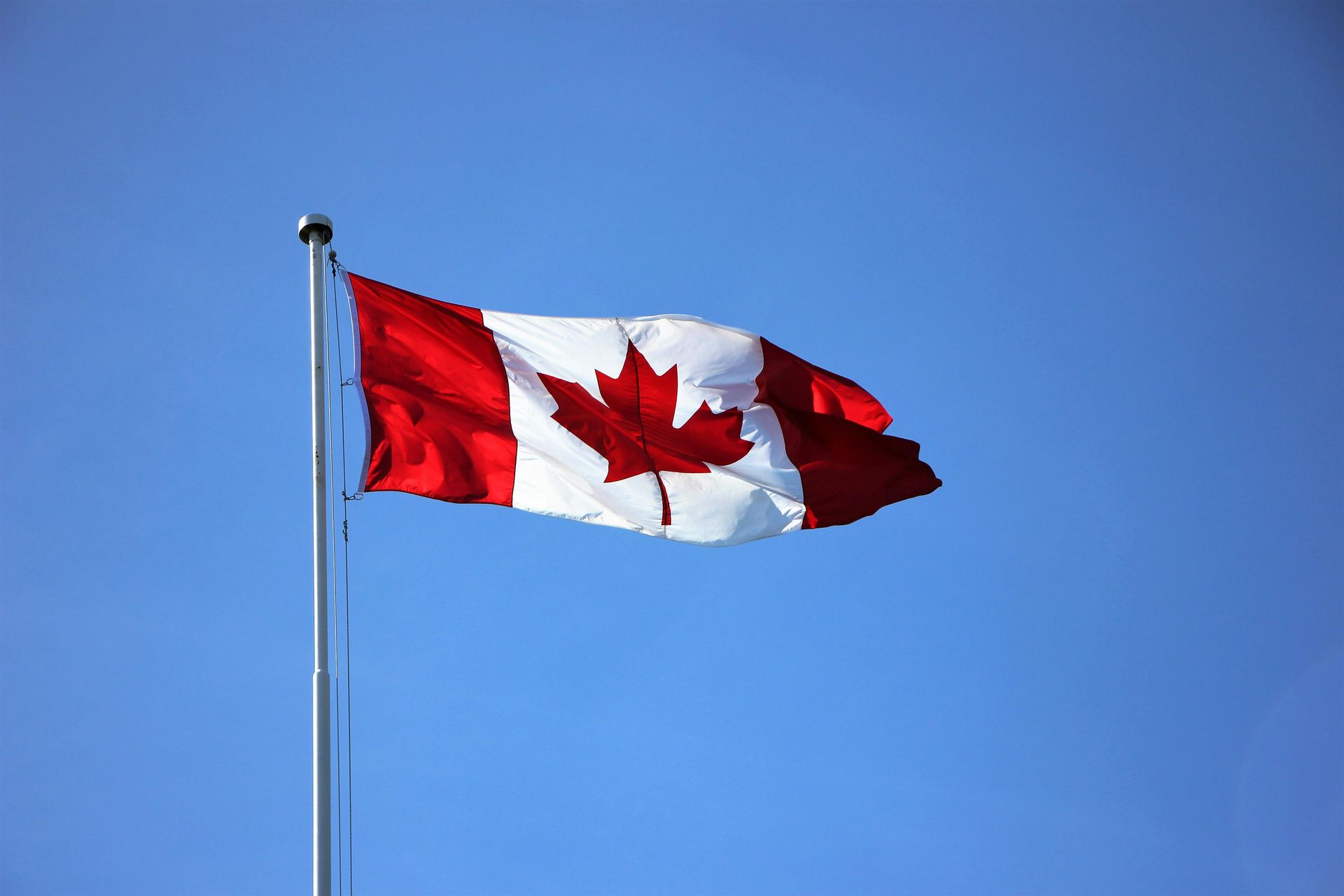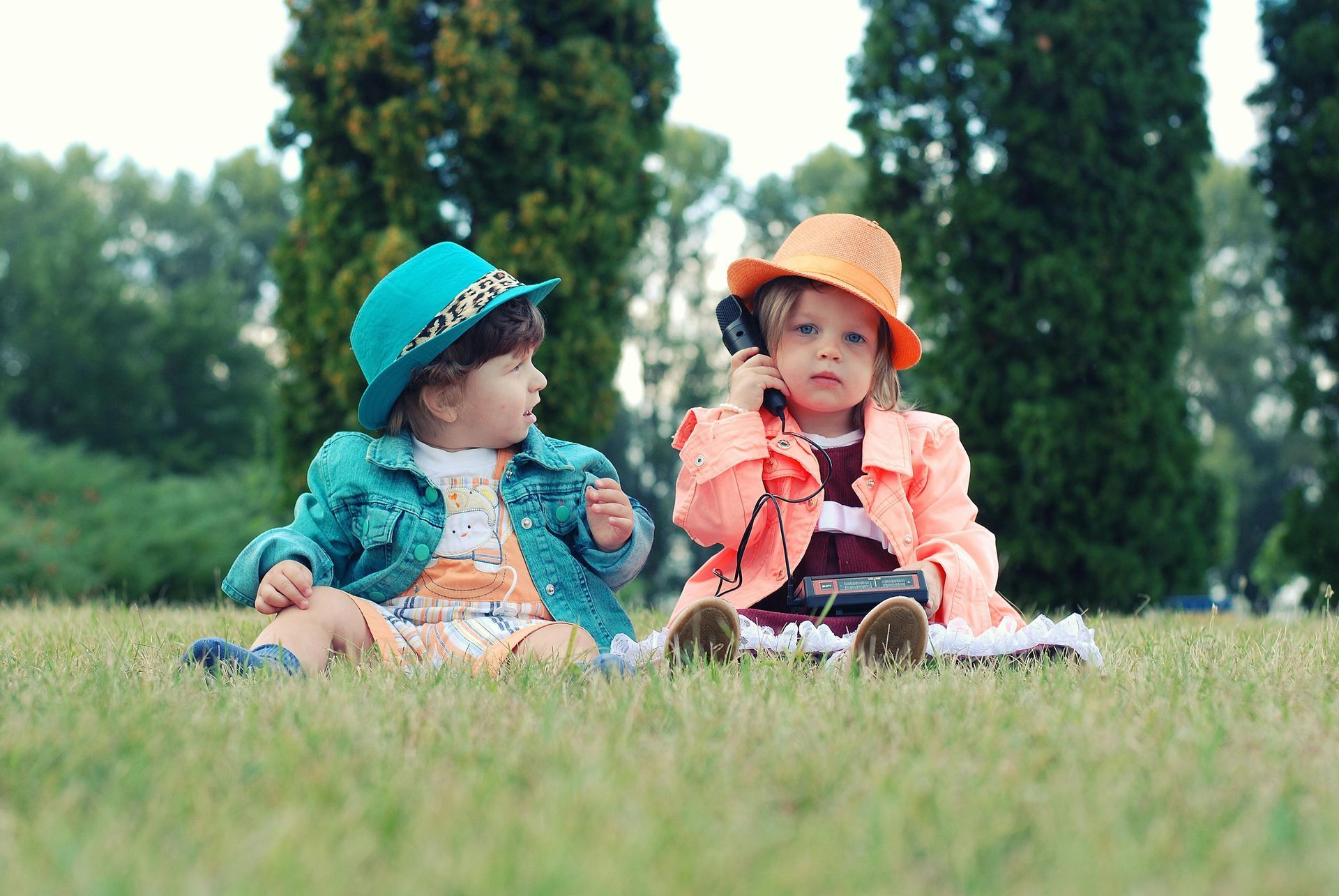Finding Home Away from Home: Emotional Adaptation for Newcomers to Canada
Are you new to Canada? One of our low cost therapists, Shu Da, shares some helpful tips and information to help you increase your sense of belonging.

Starting a new life in another country is a significant experience. For many
newcomers to Canada, it brings excitement, curiosity, and hope — but also moments
of confusion, loss, and emotional fatigue. While settlement services often focus on
the practical aspects of adjustment, like housing or employment, the inner journey of
adaptation takes time and needs equal (if not more) attention.
The Hidden Layer of Migration
Moving across borders or continents means more than just changing where we live
— it changes how we see ourselves. Many immigrants say they feel stuck between
two worlds: not fully part of the old one, but not yet comfortable in the new. This in-
between state can feel lonely sometimes, even when everything seems to be going
fine on the surface.
Culture shock isn’t always dramatic. It often appears as minor frustrations — feeling
uncertain about social cues, missing familiar foods, or sensing that you have to
explain yourself more than before. You may feel proud and grateful, yet also find
yourself grieving what you left behind. These mixed emotions are a normal part of the
adjustment process, not a sign of failure.
When Stress Shows Up Quietly
The challenge of adaptation can appear in subtle ways: trouble sleeping, irritability, or
feeling exhausted from having to “perform” confidence in a new language. Some
people start to withdraw socially, unsure how to connect. Others become overly
focused on “fitting in,” pushing away parts of their identity that feel too different.
Over time, this can cause feelings of disconnection from both the new environment
and one’s own sense of self. Recognizing these experiences as normal responses to
change — not personal weakness — can bring relief and self-compassion.
Growing Through Change
Adaptation is more about staying true to yourself here than "becoming Canadian".
Research on cultural adjustment indicates that those who keep a link to their original
culture while embracing the new one tend to feel more grounded and satisfied.
Here are some reflections that might be helpful along the way:
Acknowledge what’s been lost. Every move involves leaving something
behind. Giving space to grief is part of settling in.
Stay connected. Keeping in touch with familiar people or communities can
be grounding, while building new relationships helps create a sense of
belonging.
Be curious, not critical. Seeing cultural differences as learning opportunities
rather than right-or-wrong helps ease tension and build understanding.
Look for meaning. Remember what led you here — your hopes, values, or
dreams. Connecting with that purpose can make challenges feel more manageable.
Reach out for support. Counselling that understands cultural transition can
be a safe space to process complex feelings and find new coping strategies.
Belonging Is a Process
Finding your place in a new country doesn’t happen all at once. It unfolds through
everyday moments — learning, connecting, and redefining who you are. Over time,
what once felt unfamiliar can start to feel like another version of home.
Reaching out for help along the way doesn’t mean you’re not coping; it means you’re
taking your emotional well-being seriously. Adaptation isn’t just about surviving
change — it’s about slowly creating a life that feels authentic, wherever you are.











